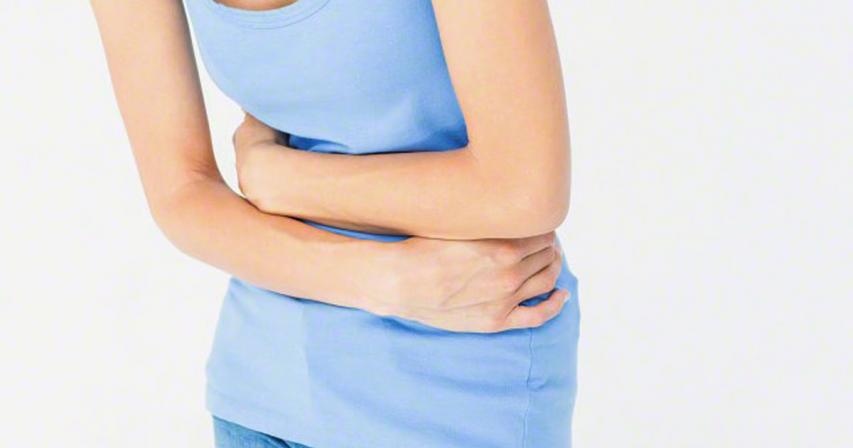UAE: Some doctors see spike in food poisoning cases amid rising temperatures

Some medical facilities have noted an increase in food poisoning cases coinciding with the increase in temperatures in the UAE. Doctors have pointed out that this is a pattern typical to this season and have advised residents to exercise caution with food during the summer months.
“We do tend to notice an increase in the number of people coming in with foodborne illnesses during summer,” said Dr. Unni Rajasekaran Nair Consultant Internal Medicine Medcare Royal Speciality Hospital. “There is an increase in OPD and emergency department headcount seasonally due to complaints of nausea, vomiting, diarrhea, and abdominal cramps which is likely attributable to food poisoning.”
Dr. Salma Khanam Patan, Internal Medicine Specialist from NMC Medical Centre, Buhairah Corniche, Sharjah, confirmed this. “We note a pattern of increased food poisoning incidence every summer when the temperature starts to go up,” she noted. “It is a consistent seasonal trend.”
UAE’s temperatures reached an astonishing 51.6 degrees Celsius in May marking one of the highest in the records for this time, signalling an unusual ramp up in the summer heat the country typically experiences in the upcoming months. The country also saw the hottest April in over a decade. From an astronomical perspective, summer only begins on the 21st of June.
Precautions
With the spikes in temperatures, doctors are advising residents to be cautious when it comes to food hygiene. As Dr Rohith has noted, high ambient temperature increases the chances of pathogenic bacteria like Salmonella, E. coli, and Listeria multiplying rapidly, especially when food is not properly stored or handled.
Metro Medical Centre's pediatrician Dr Jamaludeen Abubacker has reported a worrying rise in food poisoning cases in children as well. He warned that parents need to be extra cautious while preparing food at home. “Consider that temperatures from 4°C to 60°C are considered the danger zone for bacterial growth,” he emphasizes. “Consuming food that has been left at this temperature tends to exacerbate the risk of food poisoning.”
According to Dr Salma, every family member should be careful when cooking at home. “Clean hands thoroughly prior to cooking as well as after touching raw meat or poultry,” she noted. “In addition, leftovers should be refrigerated immediately and not put out at room temperature for longer than two hours.”
Careful with packed lunches
As explained by Bobby Krishna, a food safety expert based in Dubai, food hygiene should be observed from the point of buying to packing food. For perishables, “Set within one hour if not kept cold,” he said. “So when shopping, for example, grab meats, dairy, and salad last so they can be refrigerated sooner after purchase. Store perishables in the fridge or freezer immediately after coming home.”
He was also instructed to observe care when it comes to transporting food. “When carrying home perishables or packing lunch to work, insulated bags or Ice packs are a must,” he explained. “Items such as salads, sandwiches, cooked food as well as juice or milk should be kept cold.”
He also warned people not to overstuff their fridge. “This makes the fridge less efficient and cold air can't circulate properly,” he said. “This means food cools down slower, which means it may spend longer in that danger zone.”
However, he noted that in a place like the UAE, food safety measures have to be always observed. “In any part of the UAE winter temperatures can reach 30°C,” he said. “For this reason, residents need to handle food in a safe manner always, even in winter.”
"They need to crank it up during the scorching summer months in the UAE, though."






Comments